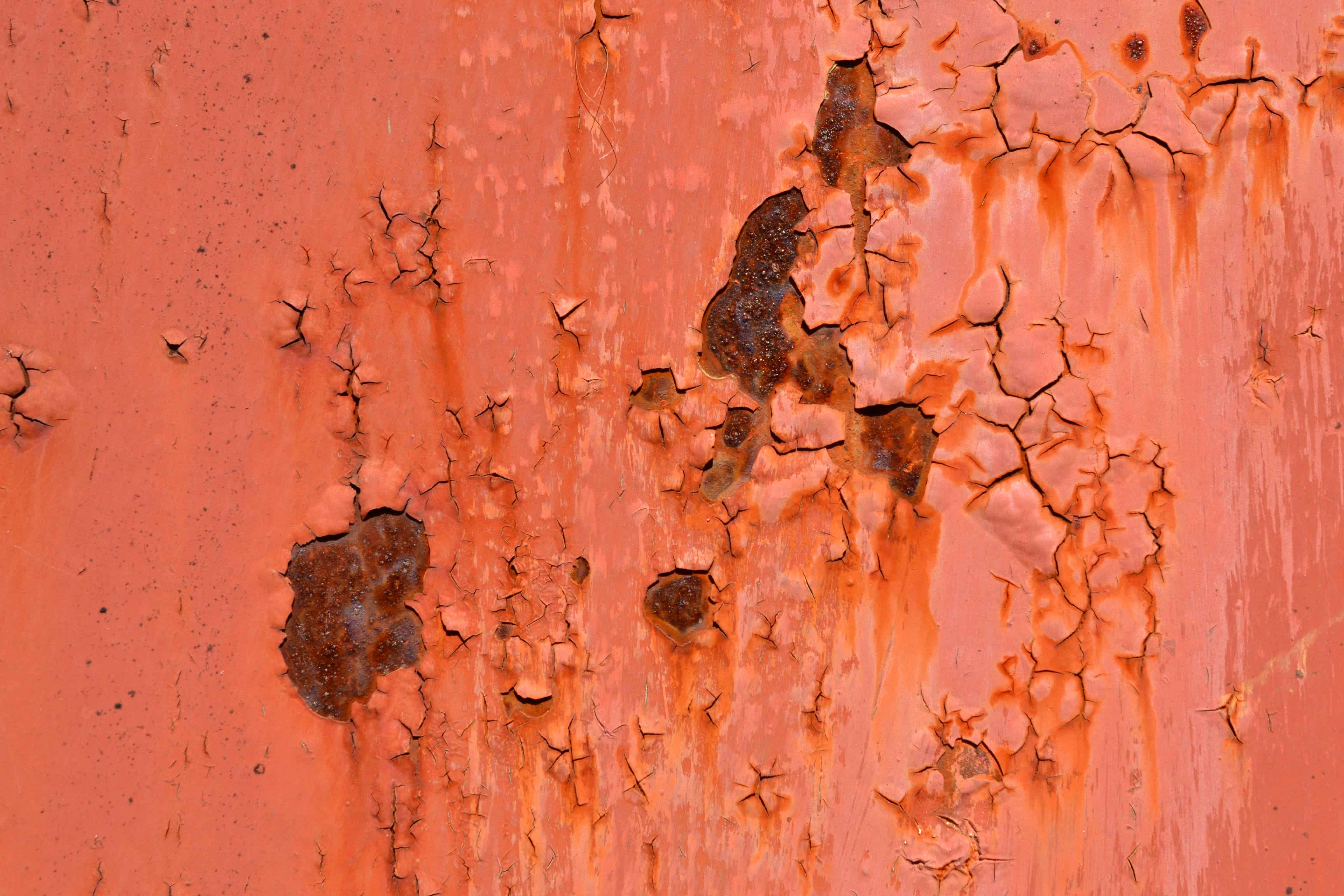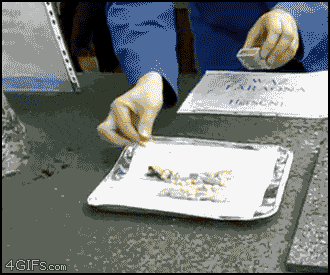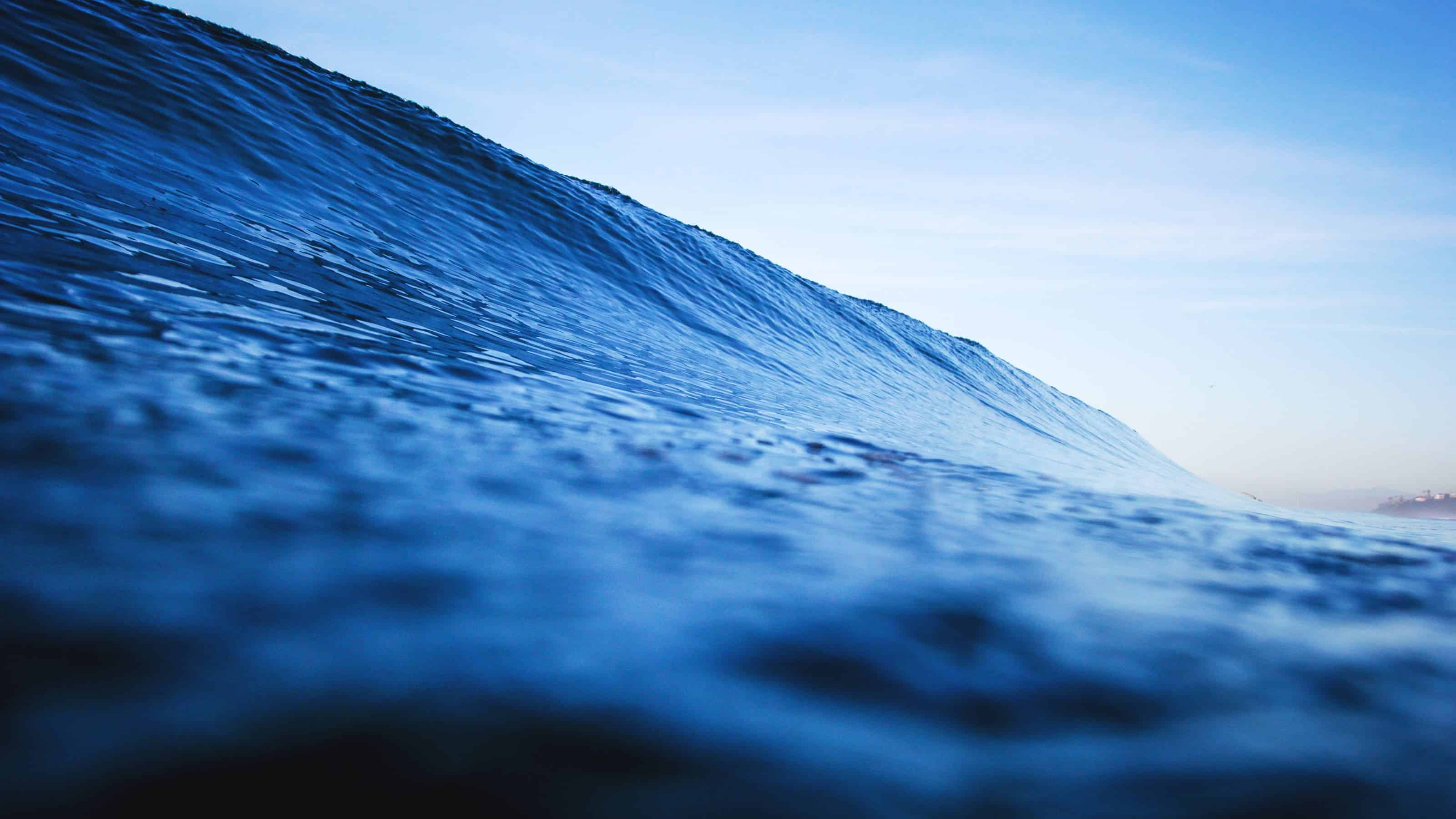
Water is everywhere. It covers over 70% of the Earth’s surface, and it’s an essential component of life. It’s in the air we breathe, the food we eat, and the beverages we drink. We all know what water is, and we’ve all felt its wetness. But did you ever wonder why water is wet? Or even if water is wet at all? It seems like a simple question, but the answer is not as straightforward as you might think.
What does it mean to be wet?
We’ll get to whether water is wet in a moment. But first, we need to understand what a liquid is and what it means to be wet.
Everything we see around us is made of atoms. Those atoms can arrange themselves in different ways. Sometimes, they are packed closely together, like in solids. Other times, they are a bit more loose, like liquids. They can also be very loose, like in gases.
When we say that something is wet, we essentially mean that liquid is sticking to the surface of a material.

When we touch a wet surface, the water molecules adhere to our skin. This adhesion creates a thin layer of liquid that covers the surface of our skin. This layer of liquid is what we feel when we touch the wet surface. It’s the sensation of this liquid layer that we call “wetness.”
In day-to-day language, to be wet is to be covered or soaked with water or another liquid. It’s a tactile sensation that we experience when we touch a surface that is moist or damp.
Of course, you don’t necessarily need a human or biological sensation to be wet. A piece of cloth can be wet. So wetness is not necessarily a sensation, but rather a state of being “infiltrated” by liquid.
Now that we’ve covered the grounds, let’s get to the core of it. Is water really wet?
Why is water wet, and why is it not wet?
Water is both wet and not wet at the same time. Confused? Let’s break it down.

Because water is a liquid, it cannot be wet itself. Wetness requires a substance to be in contact with a surface, and water is the substance in this case. Water has hydrogen bonds, which give it pretty high cohesive forces.
These cohesive forces work in opposition to the adhesion forces. In layman’s terms, this means water isn’t really good at wetting stuff. Alcohols are much better suited to getting stuff wet.
But although water can get stuff wet, this doesn’t necessarily mean it is wet itself.
Is water wet? Depends on whether you ask a scientist or an English teacher
In one sense, water can’t be wet. Wetness is the ability of a liquid to adhere to the surface of a solid. So in order for water or anything else to be wet, we need another material that is “wetting it”.
It doesn’t really make sense for a liquid to be wet. You could argue that you can ‘wet’ water with oil for instance, but still, that doesn’t make water by itself wet. In order for something to be wet, we typically need a solid and a liquid, and then the question actually makes sense.
There’s also a niche case. Water only behaves as a liquid when it has six or more molecules. If you have less than that, it’s still technically water, but it’s not a liquid and it doesn’t behave as you’d expect. So another fringe reason why water (the molecule) isn’t actually wet — or at the very least, isn’t always wet.
But that doesn’t necessarily settle it. There’s another way to look at things.
We can also define wet as “made of liquid”. In this sense, water would be “made of wet.” This may sound silly or semantical, but there is a genuine context in which this makes sense. Several university physics departments have made it pretty clear that they also feel this way.
There is also such a thing as ‘wet water’. Researchers define ‘wet water’ as water that has been treated with wetting agents. These wetting agents increase water’s spreading and penetrating properties due to a reduction in surface tension.
Ultimately, this is less of a physics question (though it certainly has a physical component) and more of a semantical question. Or rather, it’s a problem of semantics and physics not meeting together perfectly.
Most people would say that water is wet and they can back that up with arguments. But you could also say that water can’t possibly be wet and you’d also be right. It’s pretty much a matter of perspective.
In a textbook definition of “wet,” however, I would argue that water isn’t wet. The wetness happens when a liquid adheres to a surface.
Wet, weird water

This is just one of the many weird properties of water. Water is a seemingly simple molecule made up of two hydrogen atoms and one oxygen atom (H2O). It’s the most abundant substance on Earth, covering roughly 71% of the planet’s surface. It’s essential to life as we know it, as it makes up roughly 60% of the human body and is required for many biological processes.
But water is pretty unique in some regards.
- Water has properties that allow it to exist in all three states of matter (solid, liquid, and gas) at normal temperatures and pressures. This makes it extremely important for life on Earth — life as we know it couldn’t exist without water.
- All substances, including water, become less dense when they are heated and more dense when they are cooled. In general. The maximum density of water occurs at around 4° Celsius. This means that if it gets below four degrees, it actually gets lighter. That’s why ice (solid water) floats on (liquid) water.
- Water is one of the very few compounds that lacks carbon and is liquid at standard temperatures and pressures.
- As we mentioned, water has a very high surface tension. In fact, other than mercury, water has the highest surface tension of all liquids. This is very unusual for such a common substance.
- Despite this, water is an amazingly good solvent. Oxygen has a slightly negative charge, while the two hydrogen atoms have a slightly positive charge. This enables water to dissolve almost every substance. The hydrogen atoms will draw the slightly negative particles of a compound, while the oxygen molecule will draw the slightly positive particles.
- There are actually two types of water, with slightly different properties. We won’t get into the details of that here, but you can get a detailed explanation here.
Drawing the line on water

It’s a common saying, but it’s not necessarily true. Whenever someone rhetorically asks “Is water wet?”, they are alluding to the fact that something is obvious. But if you want to be really anal about it, you’ve got reasons to contradict them.
Whether or not water is wet is far from obvious, and if anything, I’d argue it can’t really be wet.
In addition to winning an argument or two (or getting into an argument or two) by debating water’s wetness, it’s actually pretty neat to know the physics behind this.
While the answer to this question may seem simple, it’s important to understand the underlying science behind it. Water is a fascinating and essential component of our world, and understanding its properties and behaviors can help us better appreciate its unique physics.






